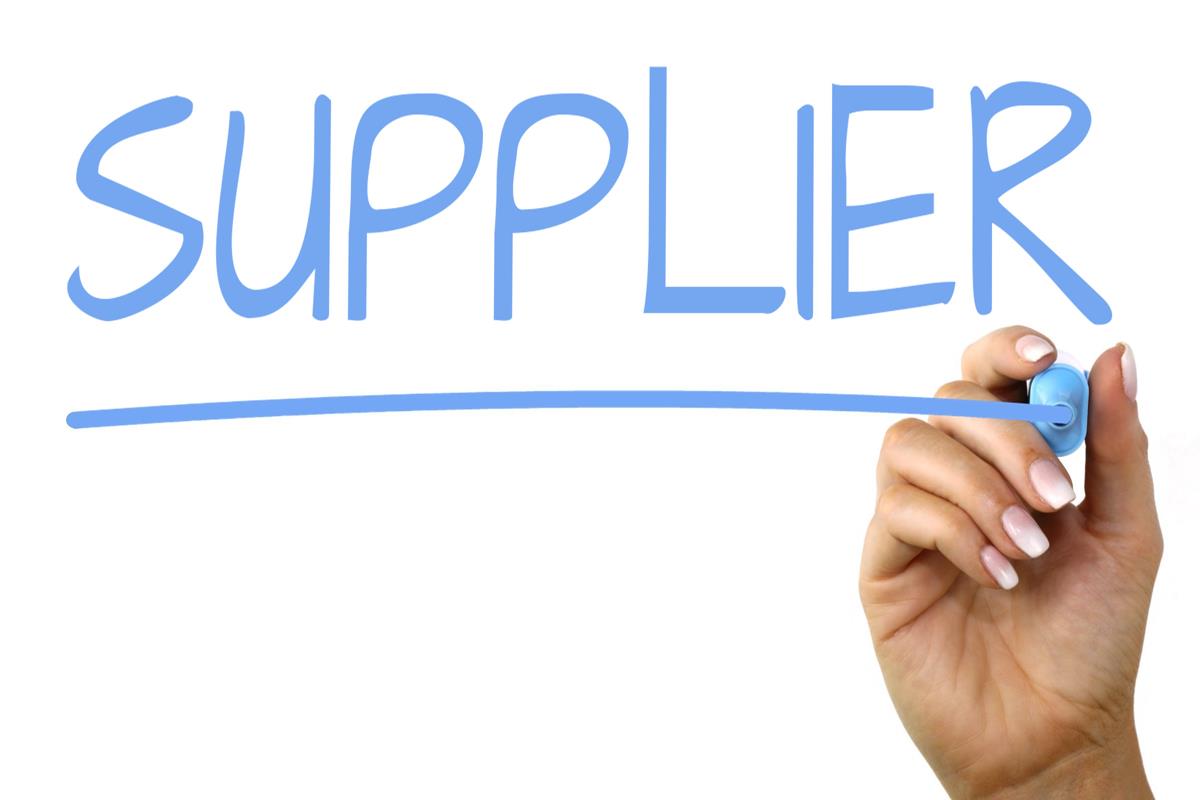Difference Between Vendor and Supplier
Supply chains are basically the networks of all the organizations, individuals, activities, resources and technology involved in the creation and sale of a product or service, from the delivery of the source of materials through to eventual delivery of the finished product to the end user. Supply chains boost customer service, reduce operating costs, improve the financial positions of firms, and create job opportunities, not to mention creating a foundation for economic growth, just to name a few. In any business transactions and dealings, the terms vendors and suppliers are often used, as they play a big role in every economic activity.

Who is a Vendor?
A vendor is a person who deals with the purchase and distribution of goods from the manufacturers to the consumer. This is basically the final person in a supply chain hence has frequent interaction with the consumers. It is for this reason that manufacturers use the vendors for market surveys.

Who is a Supplier?
This is an entity or person that makes goods and services available to another entity. A supplier is an important link in the supply chain as he is the major source of inputs. A supplier can also avail goods to manufacturers in large quantities. A supplier hence acts as the middleman between the consumer and the manufacturer, and derives his commission from both the consumer and the manufacturer.
Similarities between a vendor and a supplier
- Both play a huge role in the supply chain cycle
- Both can provide goods and services to a company
Differences between Vendor and Supplier
-
Definition of a Vendor and Supplier
A vendor is someone who deals with the purchase and distribution of goods from the manufacturers to the consumer while a supplier is a person or entity that makes goods and services available to another entity.
-
Quantity of product
While vendors sell few products over time, suppliers directly deal with items in bulk hence benefiting the manufacturers.
-
Objective
The objective of a vendor is to provide goods and services to the last consumer. On the other hand, the objective of a supplier is to make goods readily available to those who need them.
-
Business Relations
The market relation of a vendor is B2C which means that a vendor directly associates with the business to customer. The market relation of a supplier, however, is B2B which means it links from one business to another.
-
Supply Chain Link
The vendor is the last person that sells the product to the customer. On the other hand, the supplier is the first person that takes the product to the vendors.
-
Relation to the Manufacturer
Vendors have an indirect relation with the manufacturer because they are linked through the suppliers. Suppliers, however, have a direct relationship with the manufacturers.
-
Relation to Consumer
A vendor is close to the consumer as he directly sells to the consumer. A supplier, on the other hand, is distant to the end consumer as he does not directly deal with the consumer.
-
Risk involved in Vendor and Supplier
While the risk of being a vendor is less as goods are bought based on the demand basis by the consumer, the risk associated with being a supplier is more as they deal with products in bulk.
Comparison Table: Vendor vs. Supplier

Summary of Vendor vs. Supplier
Although the two terms may be used in the context of the supply chain process, it should be noted that the supplier is a person or entity who obtains goods and services from the manufacturer and sell to the vendor, hence making goods and services available to another entity while the vendor purchases goods from the manufacturer or supplier and sells straight to the consumer, and is the last in the supply chain. The economy cannot thrive without the two as both acts as a link in the supply chain.
- Difference Between Profit Center and Investment Center - July 2, 2022
- Difference Between Anti-Trust and Anti-Competition - June 6, 2022
- Difference Between Stocktaking and Stock Control - June 6, 2022
Search DifferenceBetween.net :
 Email This Post
: If you like this article or our site. Please spread the word. Share it with your friends/family.
Email This Post
: If you like this article or our site. Please spread the word. Share it with your friends/family.
2 Comments
Leave a Response
References :
[0]Dickersbach J., & Knolmayer G. Supply Chain Management Based on SAP Systems: Architecture and Planning Processes- SAP Excellence. Springer Science & Business Media Publishers, 2009. https://books.google.co.ke/books?id=L8nLFFt5G1MC&pg=PA22&dq=Difference+Between+Vendor+and+Supplier&hl=en&sa=X&ved=0ahUKEwjj0NWC2PXeAhUPWBoKHe40D3oQ6AEIRjAE#v=onepage&q=Difference%20Between%20Vendor%20and%20Supplier&f=false
[1]National Research Council, Division on Engineering and Physical Sciences, Board on Manufacturing and Engineering Design, Commission on Engineering and Technical Systems, Committee on Supply Chain Integration. Surviving Supply Chain Integration: Strategies for Small Manufacturers. National Academies Press, 2000. https://books.google.co.ke/books?id=Q8XiswUOmO8C&printsec=frontcover&dq=Difference+Between+Vendor+and+Supplier&hl=en&sa=X&ved=0ahUKEwjj0NWC2PXeAhUPWBoKHe40D3oQ6AEIPjAD#v=onepage&q&f=false
[2]Mikkola J., & Larsen T. Managing the Global Supply Chain. Copenhagen Business School Press DK Publishers, 2007. https://books.google.co.ke/books?id=h1wg6KhurO8C&printsec=frontcover&dq=Difference+Between+Vendor+and+Supplier&hl=en&sa=X&ved=0ahUKEwjj0NWC2PXeAhUPWBoKHe40D3oQ6AEINjAC#v=onepage&q=Difference%20Between%20Vendor%20and%20Supplier&f=false
[3]Image credit: https://commons.wikimedia.org/wiki/File:Hmong_farmers_market_vendor_02.jpg
[4]Image credit: http://www.thebluediamondgallery.com/handwriting/images/supplier.jpg


I’m a Vendor Wholesaler of Meats,like,Beef,goat,ram meats, I want a market place that I can sale. Thank you.
Thank you so much for your kind expalinazation. I have a doubt between both wording, after reading this article the doubt has been clarified.